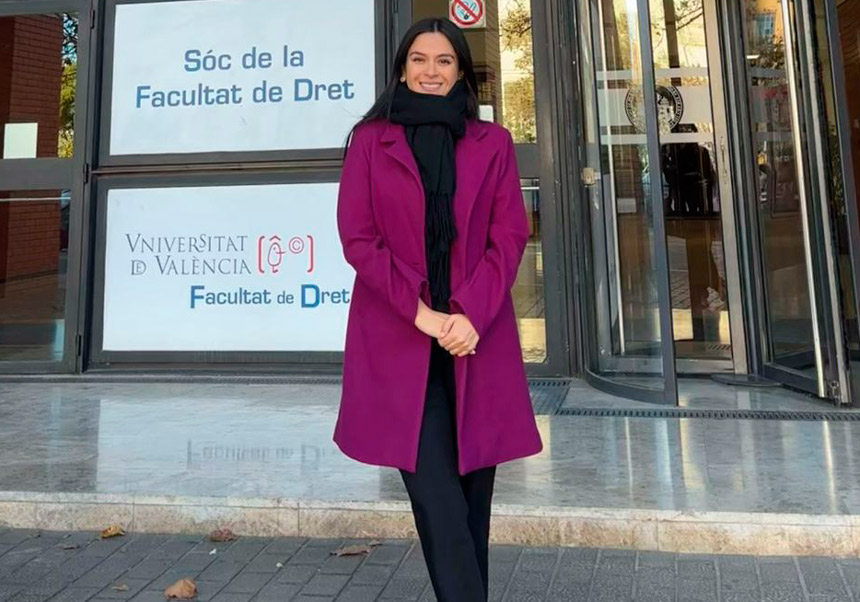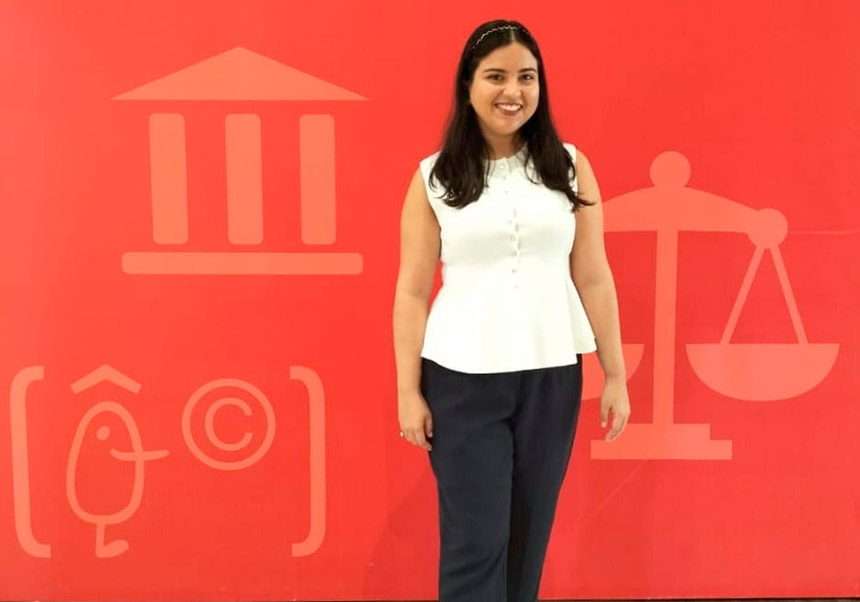
The present Master's Degree Final Project (TFM) was oriented to deepen from a macro conception, to the procedural regulation, the effectiveness of the rights of the economic operators in the procedure of unfair competition in the Ecuadorian legislation. To this end, the substantial elements of the economic constitution, the material and procedural regulations of unfair competition law were analysed.
25 june 2020
Title: Unfair competition procedure in Ecuadorian legislation: the effectiveness of economic operators' rights
Author: Daniel Mauricio Peñaherrera Toapaxi (Ecuador)
The Master's Degree Final Project is composed of three well differentiated chapters that analyse the newest economic, social, and judicial figures incorporated into the unfair competition process. The paradigm of Ecuador's self-designation as a constitutional state of rights and justice, and its involvement in the protection of rights was deepened. In order to determine the validity of the constitutional programmatic values that assist economic operators, now transformed into norms with a concrete consequence.
The Master's thesis deals with Ecuadorian legislation, since it is the legislation closest to the author. Without prejudice to this, generally accepted figures of the law were taken as a reference. All this with the aim of giving interest, innovation and above all practicality to the research.
In order to give an investigative, forceful, scientific and serious sense to the work, a dogmatic and historical-critical methodology was used. We sought to bring out the advantages or disadvantages of the system so that they could be analysed, disseminated, discussed, or improved.
The investigation led to the following conclusions:
First: Within the Ecuadorian Constitution there is a catalogue of rights that have a wide impact on economic relations. These rights are developed through principles and rules in force and of unrestricted application. In the case of economic operators, their rights at the level of programmatic norms are broad, worthy of an ultra-secure state, which makes no differentiation between citizens. These elements of protection are strengthened by the very concept of the nation. Undoubtedly, the constitutional parameters provide a veil of protection suitable for competitive practices and give the state an obligation to take affirmative action in the administration of justice.
Second: The infra-constitutional regulations largely reflect constitutional principles, through norms that bring together the basic elements in the configuration of unfair competition. Among these, the preventive, cessation, and punitive elements stand out in the face of the commission of prohibited actions. In addition, the incorporation of a mixed system that includes the acceptance of a general prohibitive clause, and the incorporation of a list containing the most recurrent unfair actions, as well as the consideration of the element of objective good faith, make the material regulation aligned with contemporary conceptions.
Third: The procedural sphere, contrary to the material, presents serious problems and deficiencies, and is not in line with contemporary needs. There is a weakening in the protection of the rights of the economic operators, in view of the impossibility of exercising actions against actions that are harmful to strictly subjective rights, in which there is no unfair action that affects the general interest or that has some degree of infringement of the industrial property rights. This legal void leaves without effect the constitutional and material benefits that this branch of law possesses. With what has been said, the current situation in the treatment of unfair competition is not effective and leaves without assent the advantages of the Ecuadorian judicial system.
Fourth: In Ecuador, there is a broad system of dogmatic and practical issues. It requires a change and innovation, which can support the expected mutations in the management of national and global trade relations. In general terms, there is evidence of inefficiency in the protection of the rights of economic operators in the process of unfair competition.
Fifth: The inefficiency of the procedural system in the face of the problems under study requires urgent procedural reform. This reform is aimed at complementing the use of the parameters that regulate unfair competition with procedural rules. All this, in order to guarantee protection against all violations of the rights of economic operators. This will undoubtedly lead to a change in the traditional conceptions of civil non-contractual liability.













